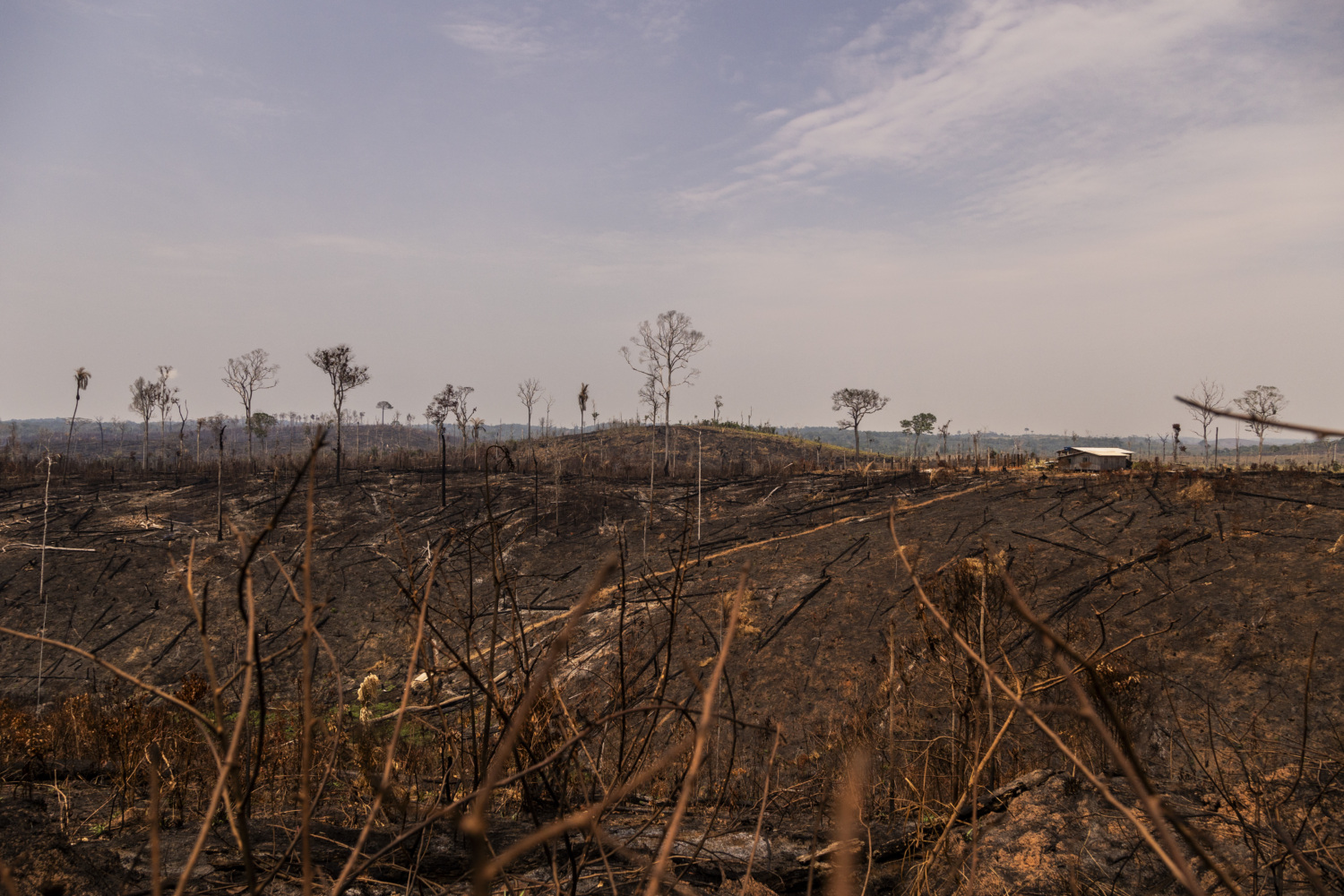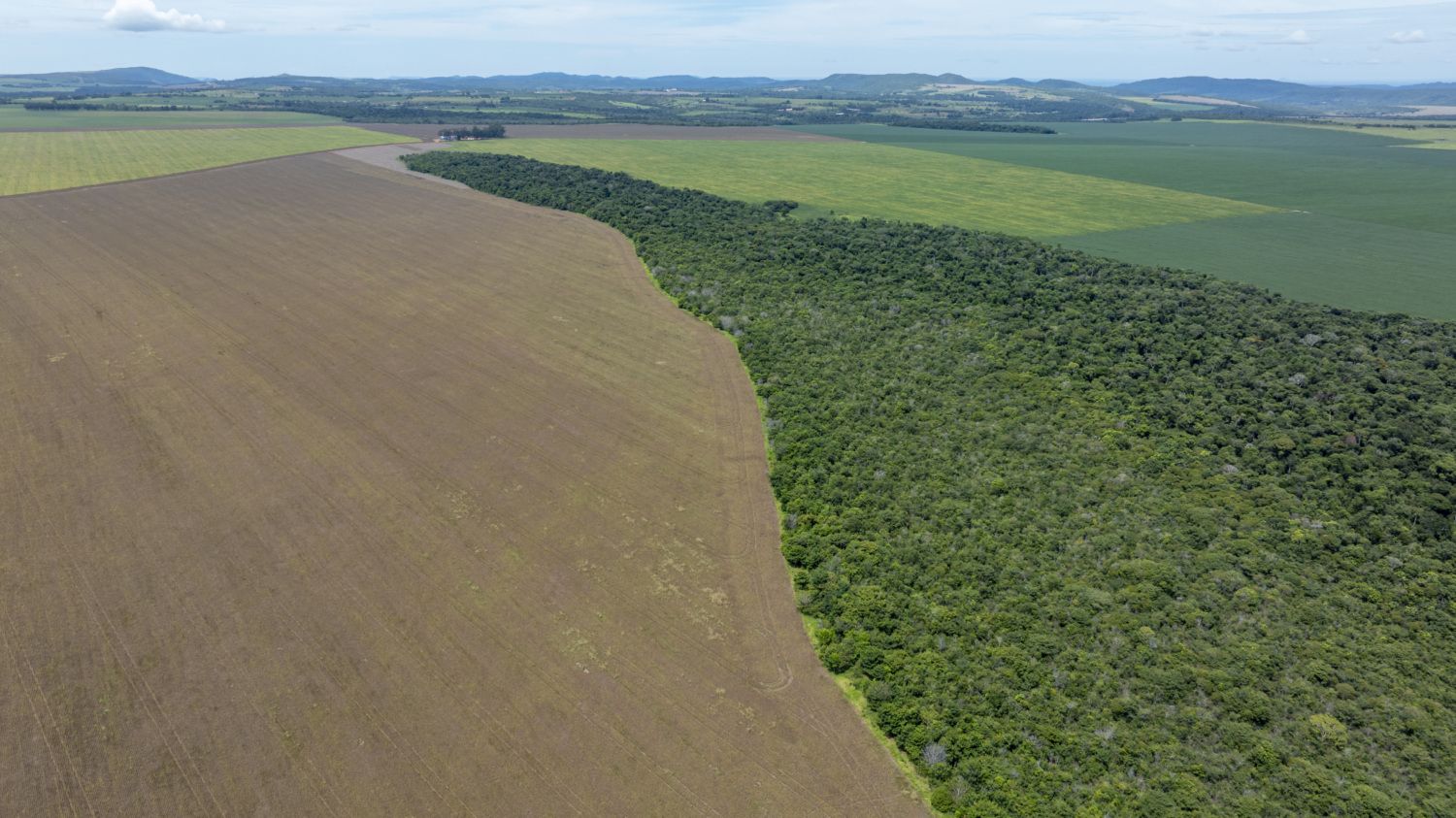Inspirational film: “The Chocolate Case” about ending slavery in cocoa
Screening and discussion in London: Thursday 06 December 2018 6:30pm to 9:00pm.
Is eating chocolate linked to child slavery? Watch this entertaining and shocking documentary film about the journalists investigating global chocolate production.
To mark the 70th anniversary of the Universal Declaration of Human Rights, LSE IDEAS, United Nations Cinema and the Embassy of the Kingdom of the Netherlands present a screening of The Chocolate Case, followed by a panel discussion on the links between responsible business, consumers, and modern day slavery. Hosted by LSE IDEAS, the Embassy of the Kingdom of the Netherlands in London and United Nations Cinema in Sheikh Zayed Theatre, New Academic Building. (Speakers, Arjen Boekhold, Dr Marjolein Busstra, Charlotte Williams Dr Mary Martin).
Twitter Hashtag for this event: #LSEChocolate
Watch the Full documentary – only until the end of December!
For the duration of this advent calendar, you’ll be able to watch this film for free, right here:
Were you moved? Want to help?
Do you want to help the real life heroines and heroes in the film, and make a difference?
Want to organize a screening for the film?
Volunteer?
Share the love?
Click on this Call-To-Action button so that you can become one of Tony Chocolonely’s Serious Friends, and find out all the ways you can get involved.
Message from Tony’s Chocolonely: A slave free cocoa industry by creating strong cocoa farmers
Let’s start from the beginning: our mission is to make chocolate 100% slave free. In order to achieve our goal we follow five key sourcing principles: traceable beans, a higher price, strong farmers, a long term relationship with our partner farmers and better quality and productivity. In this blog we’re focusing on strong farmers. Why is this so important to create a slave free cocoa industry? What measures need to be taken to make farmers stronger?

Child labor is not a choice
Let’s say you’re an Ivorian (from Ivory Coast) farmer. You’ve had little education, you’ve got no car, no land security and you make about a dollar a day. The farm gate price you receive for your crop is only $2.03 per kilogram (at least, that’s what it was in 2017) and you’ve got no other sources of income. On top of that, your cocoa harvest is about 1,000 kilos per year. That’s not huge.
Poverty is the main cause of illegal child labor in West Africa. To prevent illegal child labor and modern slavery is to eradicate poverty. Not by handing out cash, but by creating strong farmers.
Invest in cooperatives
A cooperative simply means uniting farmers pursuing a common goal to create a strong position. One farmer alone might not be able to afford pesticides or fertilizer. A cooperative, however, is able to supply pesticides for all members for a lower cost per person. Besides supplies, a cooperative may contribute in education in fertile farming. A cooperative means scale advantages.
Organize general annual meetings

One way to involve farmers in the organization of cooperatives is to organize annual meetings. An annual meeting is the perfect opportunity for each involved party (farmers, cocoa buyers) to learn about each other’s objectives and to ask critical questions. General annual meetings provide farmers with insight to the rest of the value chain.
Tony’s annual general meetings
In our case we used these meetings as a chance to celebrate and to put the farmers we work with in the spotlight. We traveled around with our fresh, new Tony’s party truck, we brought Ivorian comedian Magnific along with us and we hosted a concert.
General annual meetings boring?
Not with us, pal.


